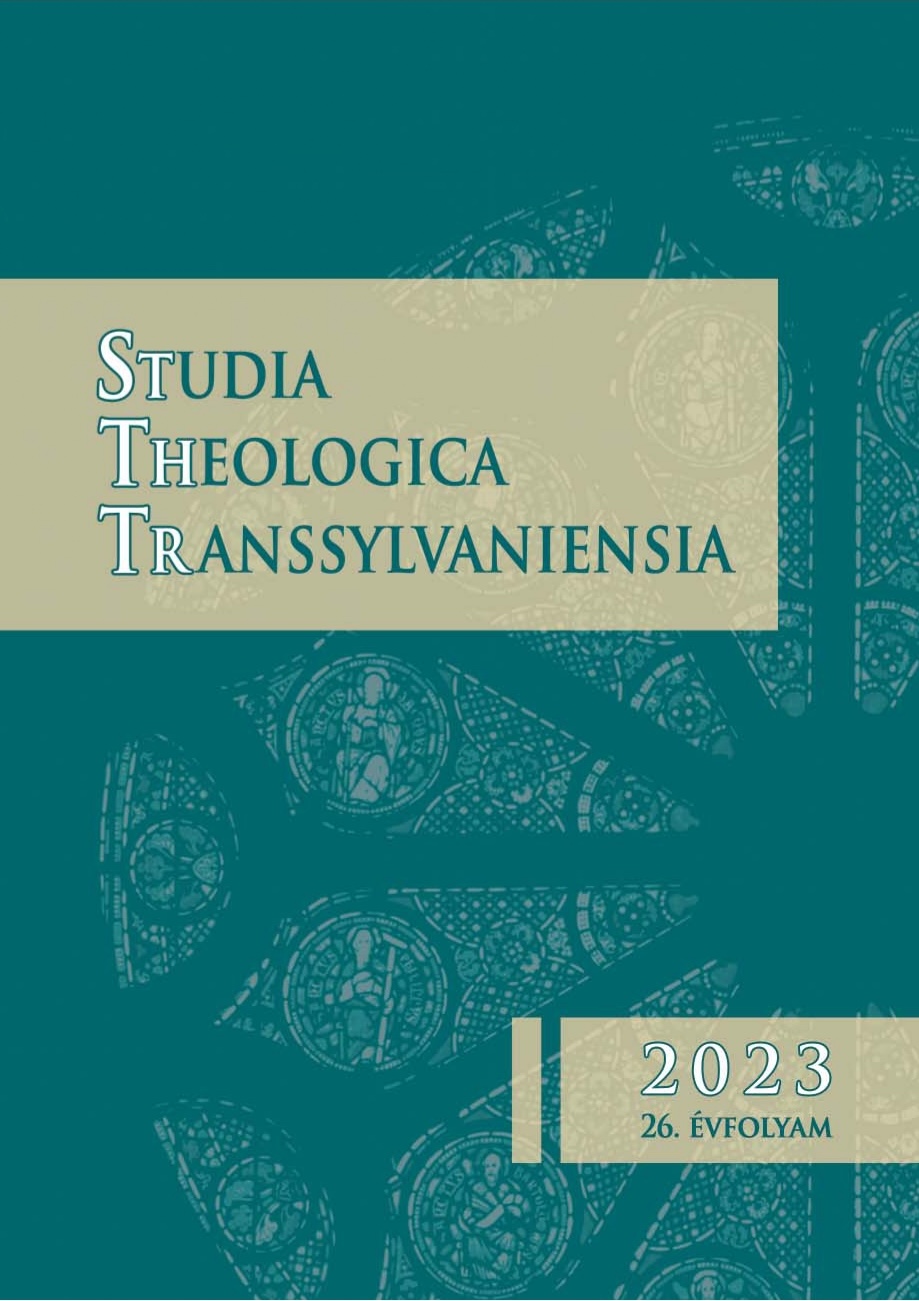Nikaia és Tertullianus, avagy ὁμοούσιος és una substantia
DOI:
https://doi.org/10.52258/stthtr.2023.03Kulcsszavak:
Nicene creed, theological influence, homoousios, Athanasius, TertullianAbsztrakt
Alleged Western influences on the historical and theological proceedings of the first ecumenical council in Nicaea (325 AD) have long been a matter of scholarly discussion. The idea of Western influence on the Nicene creed – and even the Western origin – has found much support. Scholars have attempted to establish a relationship between the strong emphasis on the divine unity by the early Western theologians like Tertullian, on the one hand, and in the Nicene creed on the other. In the last forty years, the theory of Western influence has been seriously questioned and has suffered severe criticism. The following brief study will examine the word 'homoousios', which is one of the most important terms in the Christian theological vocabulary, since it was used at the Council in Nicaea to express the divine consubstantiality of the Son with the Father. However, long and complicated debates have not yet produced any significant agreement among scholars concerning its origin and meaning. The study's further aim is to demonstrate that the proceedings of the council of Nicaea took place with considerable involvement of Western theology. At the very least, the Western influence was not excluded.
Downloads
Megjelent
Hogyan kell idézni
Folyóirat szám
Rovat
License
Copyright (c) 2023 Krisztián Fenyves

This work is licensed under a Creative Commons Attribution 4.0 International License.






